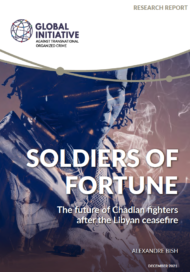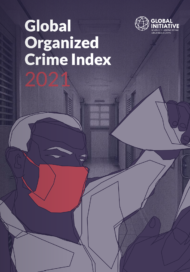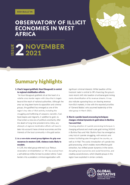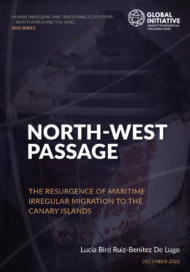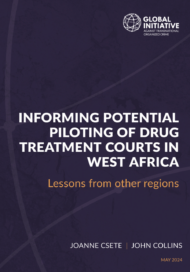Event Details
Where
Virtual event
Posted on 03 Dec 2021
Conflict zones are key hubs in the global criminal economy, and nowhere is this correlation more evident than in the Sahel and central Sahara, where the proliferation of armed actors and their involvement in many of the subregion’s plethora of illicit markets have contributed to cyclical instability in the region.
In the Sahel and central Sahara, armed actor involvement in the region’s illicit markets have been key contributors to cyclical instability there. Chadian fighters have long been key actors within the constellation of armed groups active in the region, but the October 2020 ceasefire in Libya – and the ensuing drop in fighting – are reshaping the role that they play in regional illicit markets and stability dynamics.
Chadian fighters first emerged as key actors challenging peace and security in Libya while fighting as mercenaries there after the fall of Qaddafi in 2011. However, the consolidation of their peacetime involvement in Sahelian illicit economies since mid-2020 poses a more enduring, widespread, and unpredictable form of instability.
This report describes the typologies of Chadian fighters active in Libya and the central Sahara, and their role as mercenaries and enablers in the transnational mercenary trade in Libya’s second civil war. The Chadian government’s failure to reintegrate rebels after the war is then analyzed before exploring how this has led to Chadian fighters consolidating their involvement in criminal economies. Finally, the risks of this involvement and, in particular, the menace that Chadian fighters pose to border security in the region are presented.
This report’s release is timed to coincide with the planned government-led ‘national dialogue’ which will discuss the future of rebel armed groups in Chad and should pave the way for elections. It makes the case for the need to provide a safe corridor for Chadian fighters to return to Chad to prevent further destabilisation of the wider Sahel and Central Sahara region.
